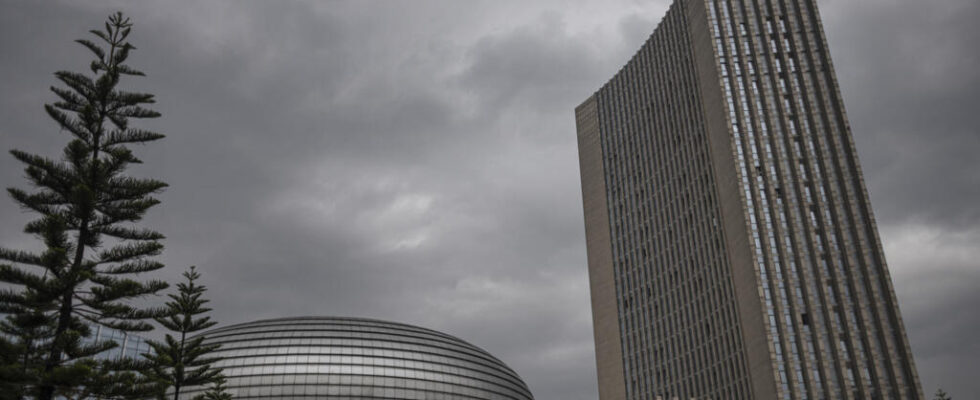At the African Union headquarters, a five-day meeting to prepare for the launch of a dialogue between Sudanese political and civil society organizations ended on July 15. Those present signed a road map to end the war through a democratic transition. But divisions remain and key participants were missing for the dialogue to be truly inclusive.
2 min
With our correspondent in Addis Ababa, Clothilde Hazard
The organizations present have agreed on a political vision that will be brought to the dialogue. But it is still necessary to be able to bring everyone together… The most important civil frontnamed Taqaddum, was absent. The coalition claims a lack of consultation and disputes the presence of participants close to the former regime ofOmar al-Bashir.
Sudanese diplomat Sati Nureldin is part of Taqqadum’s cadres. He was there, but did not represent the movement, he played the role of intermediary and deplores these divisions. The vision we have adopted now contains an opening towards others and it has not been easy. This group did not want to talk with Taqaddum. But now they have expressed the will to talk with them. The second stage of this dialogue : AU and IGAD will hold consultations with those who are not here. With the intention of explaining what happened here and better understanding their vision, their expectations of this dialogue and, subsequently, bringing the two groups together in an undetermined future. »
The participants also issued a statement in addition to the official communiqué. They condemned the actions of the Rapid Support Forces (RSF) fighting the Sudanese Armed Forces in this war. They denounced the war crimes committed by their soldiers and called for an end to foreign interference in support of the RSF. A more political position that is not part of the official document closing this five-day meeting. The AU has indeed considered that it was not its role to take sides here.
Read alsoSudan: How to live despite everything, after a year of war
